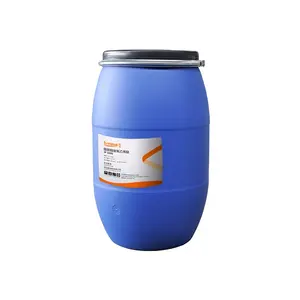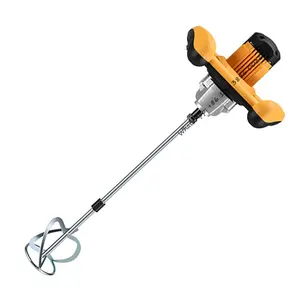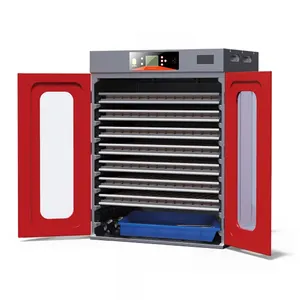Popular in your industry





































































Related Searches:
































































































































































Top categories
About oil and grease emulsifier
Oil and grease emulsifiers are vital in various industries, including food, pharmaceutical, and cosmetics, for creating stable emulsions. Oil and grease emulsifiers have a hydrophilic and a lipophilic end, allowing them to bond with both oil and water molecules. The oil and grease emulsifier functions by reducing the surface tension between oil and water, helping them mix uniformly. The emulsifiers have a crucial role in the production of various products, such as mayonnaise, salad dressings, and lotions. Browse for an excellent selection of oil and grease emulsifiers at Alibaba.com.
Benefits of oil and grease emulsifiers
The primary benefit of grease emulsifiers is their ability to stabilize and enhance the consistency of emulsions. By reducing the interfacial tension between oil and water, they prevent phase separation and maintain a uniform mixture. Second, the emulsifiers improve the texture and mouthfeel of products, making them more appealing to consumers. Additionally, they contribute to prolonged shelf life by preventing the coalescence of oil droplets and microbial growth. Moreover, oil and grease emulsifiers play a crucial role in controlling crystallization in products like chocolate and ice cream, ensuring a smooth and creamy texture. Lastly, they facilitate the encapsulation and delivery of active ingredients in pharmaceuticals and cosmetics, enhancing their efficacy.
How to choose oil and grease emulsifiers
When choosing an oil and grease emulsifier, it's crucial to consider the specific application and the desired characteristics of the final product. For food applications, it's essential to opt for emulsifiers that are food-grade and comply with regulatory standards. Furthermore, the choice of Corotech oil and grease emulsifier depends on the type of emulsion to be created. For instance, non-ionic emulsifiers are suitable for forming oil-in-water and water-in-oil emulsions, making them versatile. On the other hand, cationic and anionic emulsifiers are preferred in applications where a more stable emulsion is required, such as in the production of creams and lotions.
Various factors influence the performance of emulsifiers, including their HLB (Hydrophilic-Lipophilic Balance) value. The HLB value signifies the balance between the hydrophilic and lipophilic properties of an emulsifier. Emulsifiers with a lower HLB value are more lipophilic and are ideal for creating water-in-oil emulsions, while those with a higher HLB value are hydrophilic and suitable for oil-in-water emulsions. It's crucial to consider the compatibility of the emulsifier with other ingredients to prevent any destabilization of the emulsion. Additionally, the sensory attributes and nutritional implications of the emulsifier should be evaluated, especially in food applications. Always refer to the supplier's guidelines and conduct thorough compatibility testing before finalizing the choice of an emulsifier.
Common types of oil and grease emulsifiers
A common type of oil and grease emulsifier is a surfactant, which lowers the surface tension between oil and water. These surfactants include lecithin, polysorbate, and sodium stearoyl lactylate. Another type is protein-based emulsifiers, such as egg yolk and casein, which form a protective layer around oil droplets. Lastly, synthetic emulsifiers, like Span and Tween, offer precise control over the emulsion's stability. For instance, the Corotech V600 is a versatile emulsifier suitable for various applications, providing stability and a smooth texture to the final products. It is widely used in the food industry to create emulsions in products like dressings, sauces, and baked goods. The Corotech V600 is known for its exceptional emulsifying properties and consistent performance, making it a popular choice among manufacturers.


































